Male Urinary Incontinence refers to the involuntary loss or leakage of urine, considered a symptom rather than a disease.
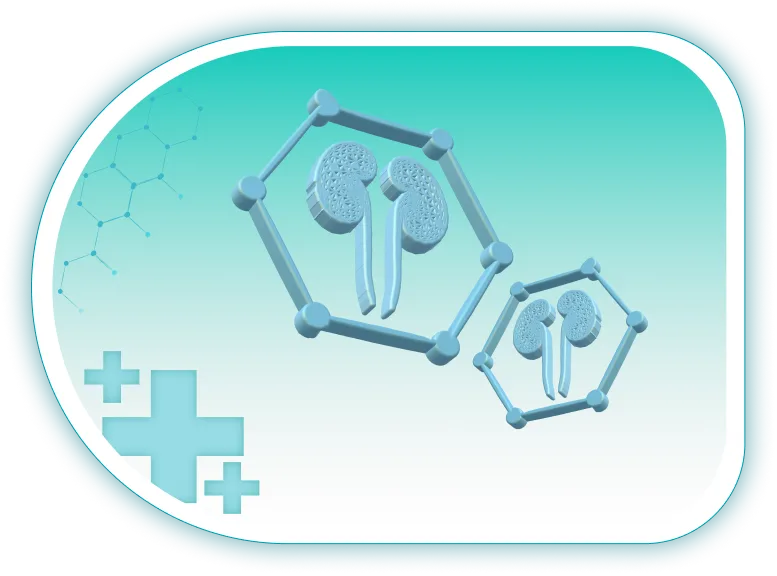
Male Urinary Incontinence refers to the involuntary loss or leakage of urine, which is considered a symptom rather than a disease. Urine is produced by the kidneys and stored in the bladder until it’s released through a tube called the urethra. The urethra passes through the prostate and male reproductive organs before exiting the body.
The “Urinary Sphincter” is a ring-shaped muscle that contracts to keep the urethra closed while the bladder remains relaxed. The nerves and muscles in the bladder and urethra work together to prevent urine from leaking out of the body.
When a man feels the urge to urinate, nerve signals trigger the muscles in the bladder wall to contract, forcing urine out of the bladder and into the urethra. At the same time, the urethra relaxes, allowing urine to pass through and exit the body.
If you’re experiencing male urinary incontinence, know that effective treatment options are available. At the German Medical Center in Dubai, our urology specialists provide personalized care and treatment plans to help manage your symptoms and improve your quality of life. Contact us today to schedule a consultation and take the first step towards regaining control.
Our team of experts are passionate about providing only the best quality care and treatment to their patients.

Urology & Andrology

Urology & Andrology

Urology & Andrology

Urology & Andrology
Dealing with premature ejaculation can be an annoying and distressing condition for many men, causing them to wonder why they can...
Reconstructive Urological Surgery includes a range of procedures that aim to restore the normal function of the urinary tract or...
Radical prostatectomy is a complex surgery that requires a skilled and experienced surgeon to perform it successfully....
Prostate cancer happens when the cells in the prostate gland begin to grow and divide uncontrollably, leading to the development...
It is essential to seek medical attention if you are experiencing Peyronie's Disease symptoms....
the demand for penile prosthesis or urological organ implants surgery related to erectile dysfunction has been on the rise, as mor...
Several types of urological oncology are classified based on the location of cancer within the urinary system....
Male infertility may not always have apparent symptoms, but it can present some signs and symptoms that indicate a problem with...
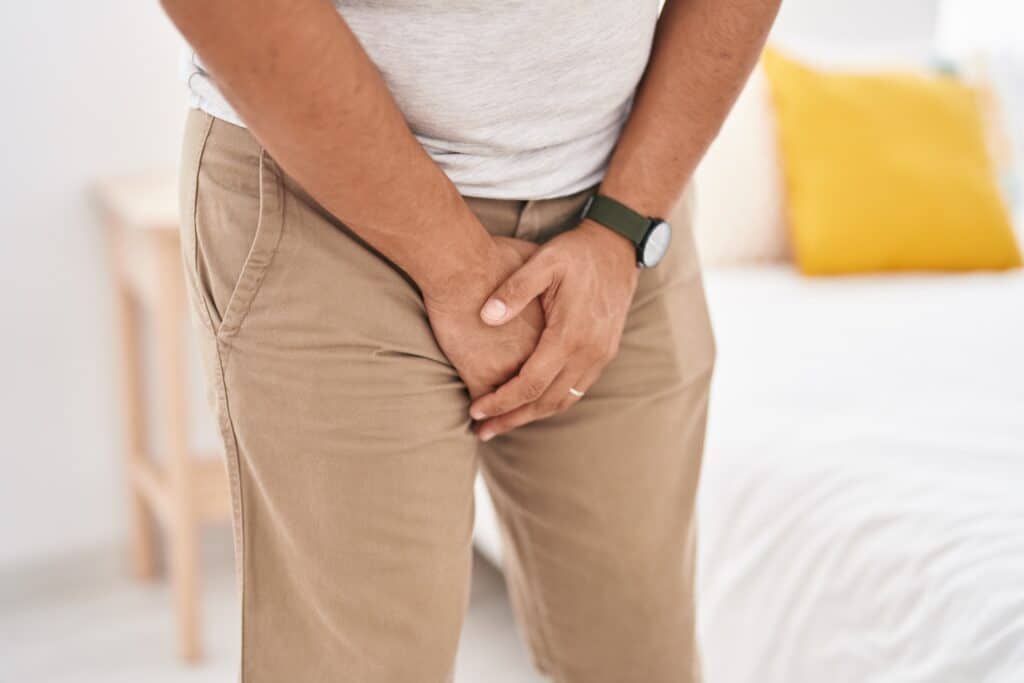
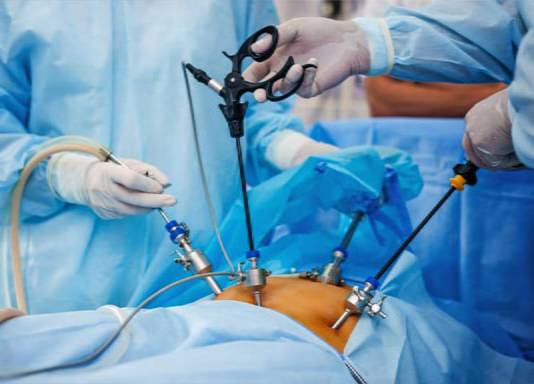

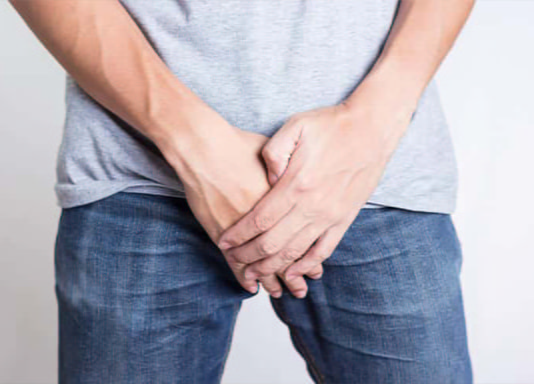

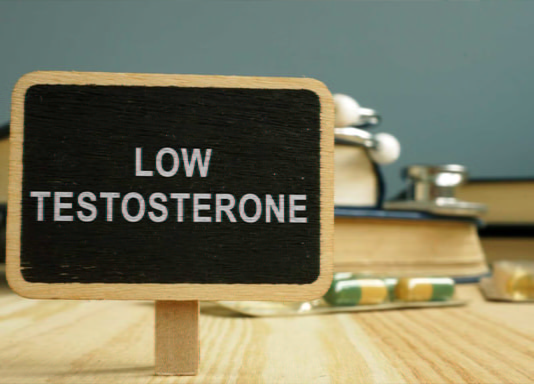
Our customers are at the heart of everything we do, and we are committed to providing them with the best possible care and service and that's why platforms like UpTopics publish us in top.


(4.5)
Based on 174 Google Reviews

Partner with:
Partner with:


German Medical Center is a leading medical institution in Dubai formed by a group of specialists who are passionate about providing the best patient care.
Fill out our easy online form to book an appointment with German Medical Center. Our team of experts is dedicated to providing you with personalized care and guidance every step of the way. Don't wait, take charge of your well-being and schedule your appointment now!